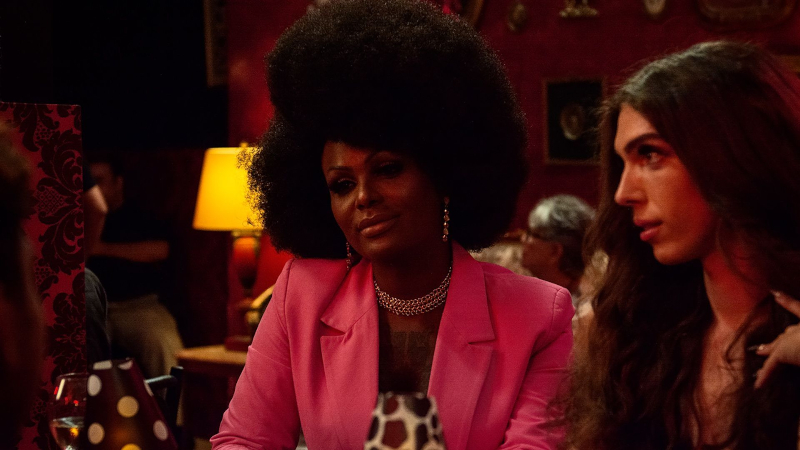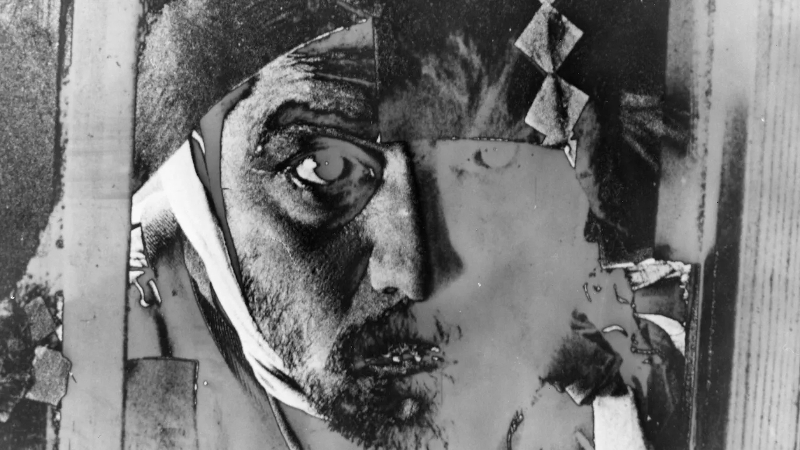Director – Felipe Sholl – 2024 – Brazil – 103m
****
A man mourning his late grandmother but estranged from the rest of his family embarks on a gay relationship with an escort – premieres in the Critics’ Picks Competition of the 28th Tallinn Black Nights Film Festival
Gabriel (Caio Macedo) arrives in Rio de Janeiro with his late grandmother’s ashes in a box. He is not short of money, and rents a hotel room. He wanders around during the day talking to his grandmother, who he clearly misses a great deal. At night, he finds a club named Glória, fronted by an area with tables where style queen Monica (Diva Menner) hangs out with her small entourage of friends. She explains she is the owner. Further inside is the dance floor where he spots Adriano (Alejandro Claveaux) and attempts but fails to pick him up, instead spending the night with another man.
However, a spark has been lit, and the next night Gabriel is more successful. He and Adriano embark on a passionate relationship. Adriano is an escort, and shows Gabriel the park benches where escorts pick up clients; he takes servicing his male clients in his stride, occasionally persuading the hesitant Gabriel to join him in a paying threesome.… Read the rest

